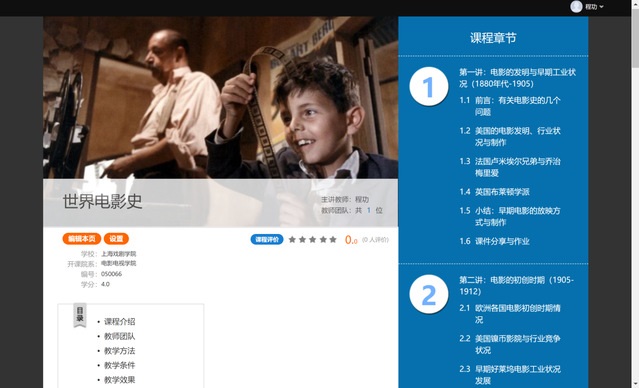In the special period of the COVID pandemic, online teaching and learning have once again become the daily mode of teachers and students. The online classrooms are still full of "wisdom" and "warmth". All the teachers of the Film College actively participate in online teaching, reasonably adjust the teaching content, adapt to online teaching, and timely integrate the ideological and political education into each class in a natural and soft manner. The Film College will share its teachers' online teaching practices and cases from time to time, hoping to provide useful experience, promote the high-quality development of the courses, and provide reference for the experience of course-based ideological and political education in the entire university.
Course Name: Film and Television Production Process
Teacher’s Profile:
Yan Shuye is a teacher of the Film and Television Photography and Production major at the Film College of Shanghai Theatre Academy, mainly responsible for the courses of “Film and Television Production Process”, “Basics of Editing” and “Editing Creation”. He had many years of working experience in film and television in New Zealand and is good at post production and screenwriting. He was the chief planner of the first to fifth Two Days Film Festival.

Course Design:
The course of “Film and Television Production Process” is mainly to introduce the professional process of film and television production to students, so that students can understand the importance of production process in the film industry, and finally integrate the concept of process into practical shooting. The feature of this course is that each student needs to do a project statement for a short film, and the content of the project statement needs to be combined with ideological and political education and current hot issues. For example, as part of the course in 2021, the short documentary film series "Red Shanghai in the Dawn", which cooperated with the Shanghai Literary Creation center, was a creation project adapted and incubated with the "Red Footprints" series of works, a major creative project of the Shanghai Writers Association, as the blueprint.
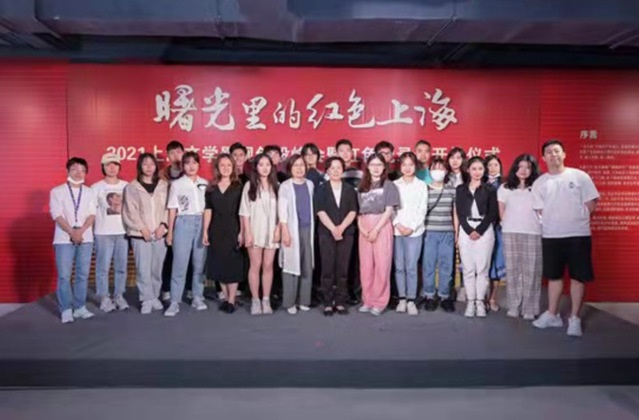
The course also encourages students to use a variety of devices and means to create, such as shooting short films on mobile phones. The short film "Goldfish" completed during the course was shortlisted for the final review of the New Image Mobile Phone Films Program of the 2021 Golden Rooster and Hundred Flowers Film Festival.

During the recent COVID pandemic in Shanghai, the students could not go out to film due to the lockdown of campus, and this badly affected the daily operation of the course. However, after timely adjustment, the course encouraged students to start looking for the pandemic-related stories around themselves. The students were guided to find the stories in the university campus under the pandemic from daily life, rehearsals and learning, and create short films to record the life of college students in this special period in combination with the characteristics of this course. It is hoped that through the professional knowledge taught and guidance provided to students in this course, students can create more short films with distinctive characteristics, and benefit from efforts in so doing.
Course Name: World Film History
Teacher: Cheng Gong
Cheng Gong is a teacher of the Photography and Production major at the Film College of Shanghai Theatre Academy. She has a doctor's degree in theatre, film and television studies from the Shanghai University, and is a post-doctor for theatre, film and television studies at the Shanghai Theatre Academy. She is a member of the Shanghai Film, Television and Theatre Theory Studies Association and the Shanghai Film Association. Her research direction is film history studies, and her teaching mainly includes the courses of “Chinese Film History”, “World Film History” and “Appreciation of Classic Films”. She is the winner of the second prize of the Chinese Film Golden Rooster Award for Theoretical Review, and has been selected into the Shanghai Funding Program for the Training of Young University Teachers. She has published many academic papers in domestic and foreign journals, and has acted as the leader of a youth project of philosophy and social science planning in Shanghai
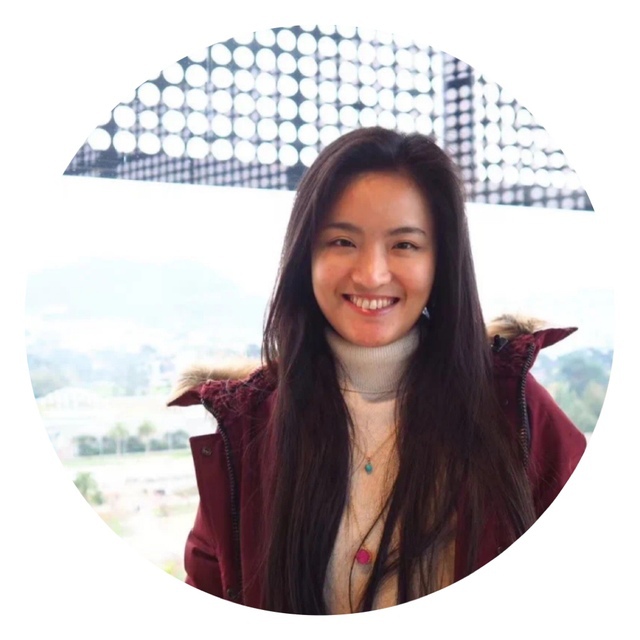
Course Design:
"World Film History" is a specialized theoretical course for undergraduate students majoring in photography and production. This course aims to show the ideological and political content of the film art featuring "the true, the good and the beautiful". Through sorting out the film history, it enables students to master the major aesthetic changes, classic films and famous directors in the history of world film development, expand their horizons in reading films, and have a clearer understanding of the course of aesthetic and industrial development of world film on the basis of mastering the knowledge of audio-visual language for film and television.
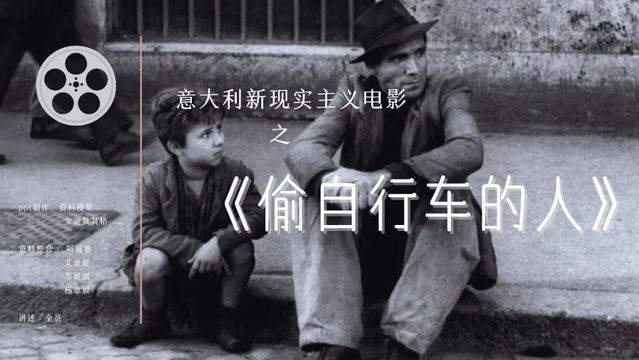
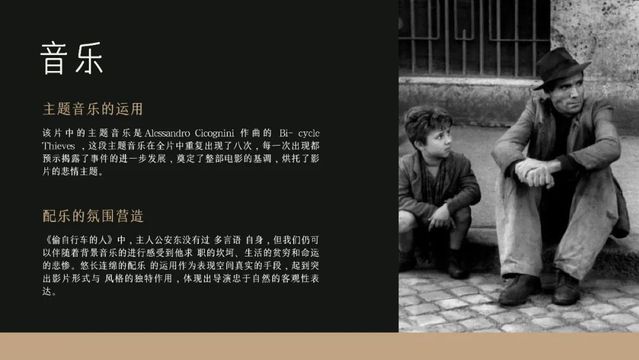
In this past semester, according to the characteristics of the course and the conditions of online teaching, a Wechat group was established at the beginning of the semester, and the course was delivered online using the relevant video conferencing applications. At the same time, the online and offline mixed teaching method was adopted. On the one hand, the online course was constructed for students to preview and review via the relevant application. On the other hand, the method of teacher's lectures plus students' submission of assignments was adopted in the live webcast classroom, which added students' self-study and discussion on the knowledge points of film history to teacher’s introduction of important knowledge points and films, so that students could master the development of film history in a coherent way and, at the same time, be guided to form a speculative understanding of the film art, thus laying a theoretical foundation for their own film creation in the future.
